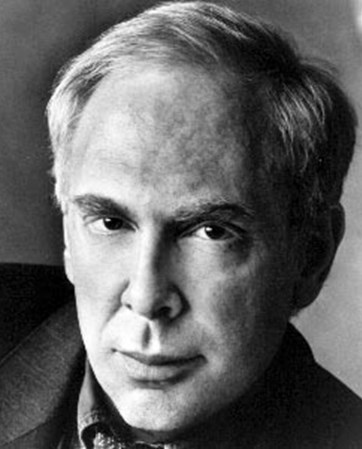Speakers By Topic

Speakers By Type


Mr. Rosenbaum provides engaging commentary on the top political and social stories leading the headlines.
Ron Rosenbaum grew up on Long Island, New York. A graduate of Yale with a degree in English literature, he left Yale Graduate School to write full-time. He writes The Spectator column for Slate, and his work has appeared in Esquire, Vanity Fair, The Atlantic, and The New York Observer.
His books include Explaining Hitler: The Search for the Origin of His Evil (Random House 1998) which was called "An exciting journey by one of the most original journalists and writers of our time," by David Remnick and "a provocative work of cultural history" by The New York Times. It was a national bestseller and has been translated into ten languages. In 2014, Rosenbaum released a new edition that includes a fresh take on the many controversies that have cropped up since the book's original release.
He has also edited an anthology on the question of anti-Semitism – Those Who Forget the Past.
The Secret Parts of Fortune is a collection of his nonfiction writing which has appeared in Harper's, The New Yorker, and the New York Times Magazine, among other periodicals. In the forward, filmmaker Errol Morris calls Rosenbaum "one of the great masters of the metaphysical detective story, a non-fiction writer in the spirit of Borges, Nabokov and Poe."
In The Shakespeare Wars, he discussed recent controversies among literary historians, actors, and directors over how the works of William Shakespeare should be read, understood, and produced.
His most recent book is How the End Begins: The Road to a Nuclear World War III, which discusses the paradoxes of deterrence, the danger of nuclear proliferation, and whether the bomb comprises an "exceptionalist" argument about warfare and genocide.